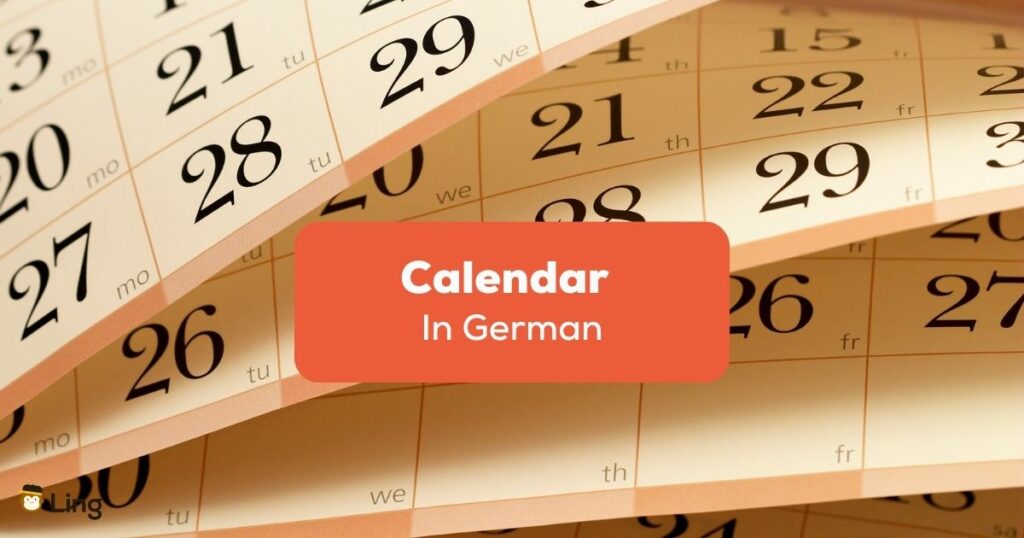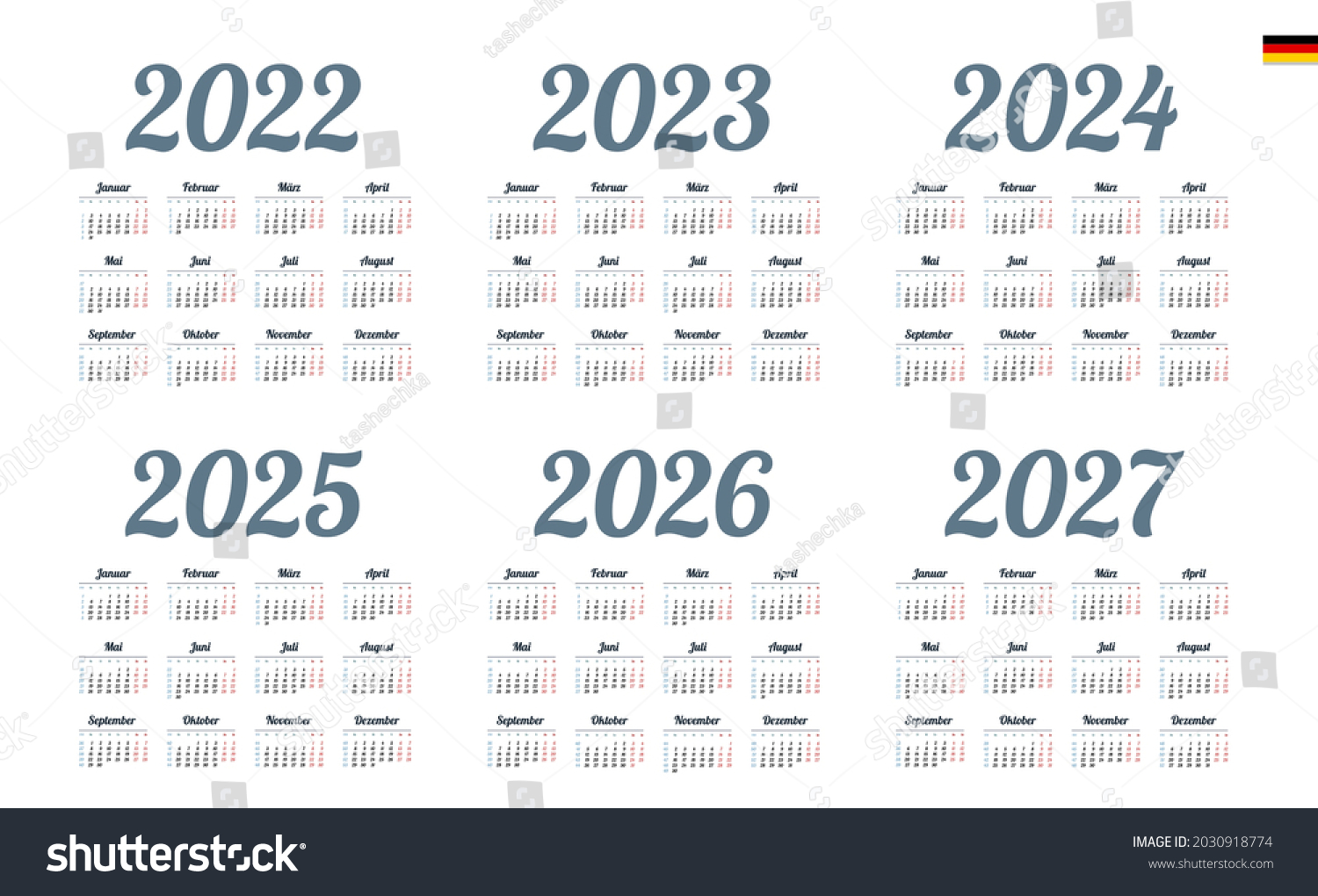Navigating the German Calendar: A Guide to Public Holidays in 2025
Related Articles: Navigating the German Calendar: A Guide to Public Holidays in 2025
Introduction
With great pleasure, we will explore the intriguing topic related to Navigating the German Calendar: A Guide to Public Holidays in 2025. Let’s weave interesting information and offer fresh perspectives to the readers.
Table of Content
Navigating the German Calendar: A Guide to Public Holidays in 2025

Germany, a nation steeped in history and tradition, observes a unique set of public holidays, each reflecting a significant moment in its past or celebrating a cherished cultural value. These holidays are not merely days off work, but opportunities for reflection, remembrance, and communal celebration. This guide delves into the German public holidays of 2025, offering insights into their origins, significance, and how they are observed.
January:
- New Year’s Day (Neujahr): January 1st marks the beginning of the new year, a time for fresh starts and resolutions. It is a joyous occasion celebrated with fireworks, family gatherings, and traditional meals.
March:
- Good Friday (Karfreitag): This Christian holiday, observed on the Friday before Easter, commemorates the crucifixion of Jesus Christ. It is a solemn day of remembrance and reflection, with many businesses and schools closed.
April:
- Easter Monday (Ostermontag): The Monday after Easter Sunday, Easter Monday is a day for celebrating the resurrection of Jesus Christ. It is a popular holiday for family gatherings, picnics, and outdoor activities.
May:
- Labor Day (Tag der Arbeit): Observed on May 1st, Labor Day celebrates the achievements of workers and the importance of labor rights. It is a day for parades, demonstrations, and rallies advocating for worker’s welfare.
June:
- Ascension Day (Christi Himmelfahrt): This Christian holiday, celebrated 40 days after Easter Sunday, commemorates the ascension of Jesus Christ into heaven. It is a day of religious observance and a popular time for excursions and outdoor activities.
July:
- Corpus Christi (Fronleichnam): This Catholic holiday, celebrated 60 days after Easter Sunday, marks the institution of the Eucharist. It is a day for religious processions and celebrations, often featuring elaborate decorations and music.
October:
- German Unity Day (Tag der Deutschen Einheit): Observed on October 3rd, German Unity Day commemorates the reunification of East and West Germany in 1990. It is a day for national celebrations, parades, and cultural events.
November:
-
Reformation Day (Reformationstag): Observed on October 31st, Reformation Day commemorates the start of the Protestant Reformation in 1517. It is a significant holiday in Protestant regions of Germany, with church services and commemorative events.
-
All Saints’ Day (Allerheiligen): Observed on November 1st, All Saints’ Day is a day for honoring all the saints, both known and unknown. It is a day for visiting cemeteries and remembering loved ones.
December:
-
Christmas Day (Weihnachten): Observed on December 25th, Christmas Day celebrates the birth of Jesus Christ. It is a time for family gatherings, gift-giving, and enjoying traditional Christmas meals.
-
Boxing Day (Zweiter Weihnachtstag): Observed on December 26th, Boxing Day is a day for relaxing and enjoying the aftermath of Christmas celebrations. It is a popular day for visiting family and friends.
Understanding the Significance:
These holidays are woven into the fabric of German society, shaping its cultural identity and offering opportunities for collective remembrance and celebration. They provide a platform for:
- Historical Reflection: Many holidays, like German Unity Day and Reformation Day, serve as reminders of pivotal moments in German history, prompting reflection on the nation’s past and its journey to the present.
- Religious Observance: Christian holidays like Good Friday, Easter Monday, and Ascension Day hold significant religious meaning for many Germans, providing opportunities for prayer, reflection, and communal worship.
- Social Cohesion: Public holidays bring people together, fostering a sense of shared experience and community. Family gatherings, parades, and celebrations create a sense of belonging and strengthen social bonds.
- Economic Impact: These holidays provide opportunities for tourism, retail spending, and cultural events, contributing to the German economy.
FAQs:
Q: Are all public holidays in Germany observed nationwide?
A: While most public holidays are observed nationwide, some are specific to certain regions or religious denominations. For example, Reformation Day is primarily observed in Protestant regions, while Corpus Christi is celebrated mainly in Catholic areas.
Q: How are public holidays typically observed in Germany?
A: Public holidays are often marked by:
- Family gatherings: Many people use the day to spend time with family and friends.
- Religious services: Churches hold special services on religious holidays.
- Cultural events: Many cities and towns host parades, concerts, and other cultural events.
- Closed businesses and schools: Most businesses and schools are closed on public holidays.
Q: Are there any specific customs or traditions associated with German public holidays?
A: Yes, many German public holidays have unique customs and traditions. For example:
- Christmas: Germans decorate their homes with Christmas trees, advent wreaths, and festive lights. They enjoy traditional Christmas meals, like goose or carp, and exchange gifts.
- Easter: Children hunt for Easter eggs hidden in gardens or parks.
- Carnival: In some regions of Germany, Carnival is celebrated with elaborate parades, music, and costumes.
Tips for Navigating Public Holidays in Germany:
- Plan ahead: If you are traveling to Germany during a public holiday, be sure to book your accommodations and transportation in advance.
- Be aware of closures: Many businesses and attractions will be closed on public holidays.
- Embrace the local customs: Take advantage of the opportunity to experience local traditions and celebrations.
- Respect the solemnity: Some public holidays are solemn occasions, so it is important to be respectful and mindful of the mood.
Conclusion:
Germany’s public holidays are a reflection of its rich history, cultural values, and religious beliefs. They offer a unique window into the nation’s soul, providing opportunities for reflection, celebration, and communal bonding. By understanding the significance of these holidays and embracing their traditions, visitors and residents alike can gain a deeper appreciation for the vibrant tapestry of German culture.







Closure
Thus, we hope this article has provided valuable insights into Navigating the German Calendar: A Guide to Public Holidays in 2025. We appreciate your attention to our article. See you in our next article!
